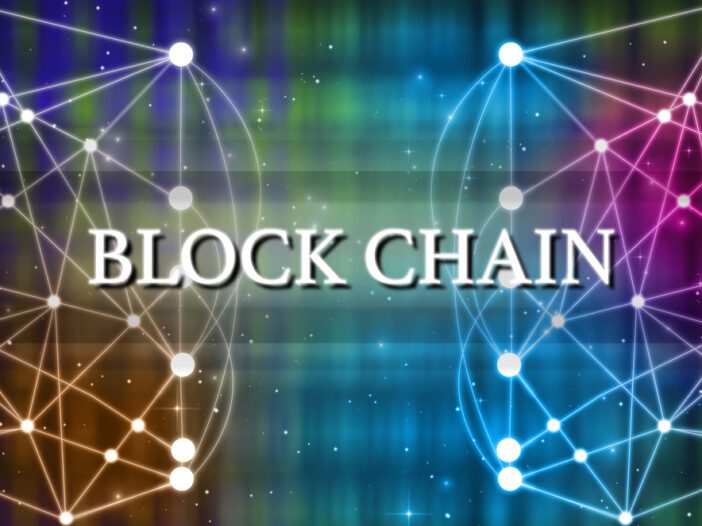People write to me regularly saying that they can’t wrap their head around blockchain technology.
The problem with a lot of the explanations is they provide more detail than most people want or need.
If you are unsure, blockchain is the technology that supports bitcoin and all other cryptocurrencies.
The reality is the function of the blockchain is very simple.
At its simplest — it is a shared record book.
What makes it unique is that once an entry is added, it can’t be changed.
It’s a permanent record of transactions.
It is also in order — so every new transaction becomes a new line item in the shared record book.
This record book is often referred to as a digital ledger.
Why is it called blockchain?
Digital money, as you would imagine, is largely accounted for digitally.
To make sure this money is secure, it is locked with digital ‘keys’.
Digital keys are basically long random numbers that act as your unique anonymous identity.
However, these locks are more secure than a door lock.
They require two keys — a public key and a private key.
The public key, which is displayed in the shared record book and non-secret.
And the private key, which is the key only the user knows, that functions like a pin code.
When you combine the two, this is known as your digital signature.
Source: Coindesk
Basically, when using your public key anyone can send you something and it is placed into a digital safe.
That digital safe can only be opened by you with the private key.
Think of it simply as one key locks the box, another key opens it.
This digital safe is actually known as a ‘block’.
When we put many of the blocks (or line items) into the shared record book…
It becomes the blockchain.

Why is blockchain so important?
For starters, it is very likely the future of banking.
But it actually has many more uses than redesigning the global pool of money.
An obvious example how the blockchain could improve society is voting.
In the last US presidential election, we heard examples of people voting in all 50 states.
This is because the state voting systems are largely governed individually.
There is no master-ledger that has all the voters in the United States on it, or where they are supposed to vote.
If all eligible voters in America (or here) were on a blockchain, it wouldn’t be possible to vote twice.
Or outside your electorate.
This would regulate one of the key principles of democracy.
Another possible use is private energy trading.
Imagine a neighbourhood all equipped with solar panels.
These houses could generate, store and trade electricity between themselves, based on which neighbours need extra and which have excess.
In fact, Australian company Power Ledger, is already allowing trading of energy between individual homes.
The reality is that the possibilities for this technology are endless.
These couple of examples are very much the proverbial tip of the iceberg.
This article is not a future-looking statement, but a basic overview of a technology that is currently improving all industries.
It is happening all around us and will go ahead, with or without you.
Get on board, or miss out…it’s up to you.
Profit, or miss out…it’s up to you.
PS: Blockchain technology, enabled by cryptocurrencies, is a huge part of the future financial system. And the possibilities will blow you away. You should start learning about this in greater detail. Click here to start.

